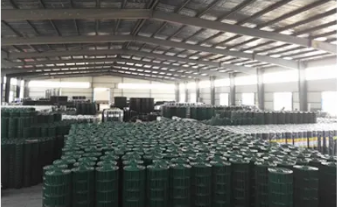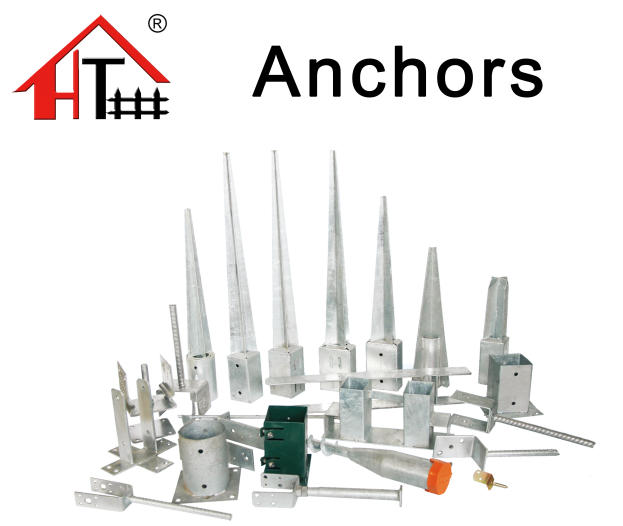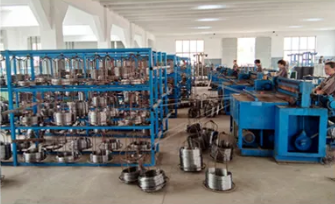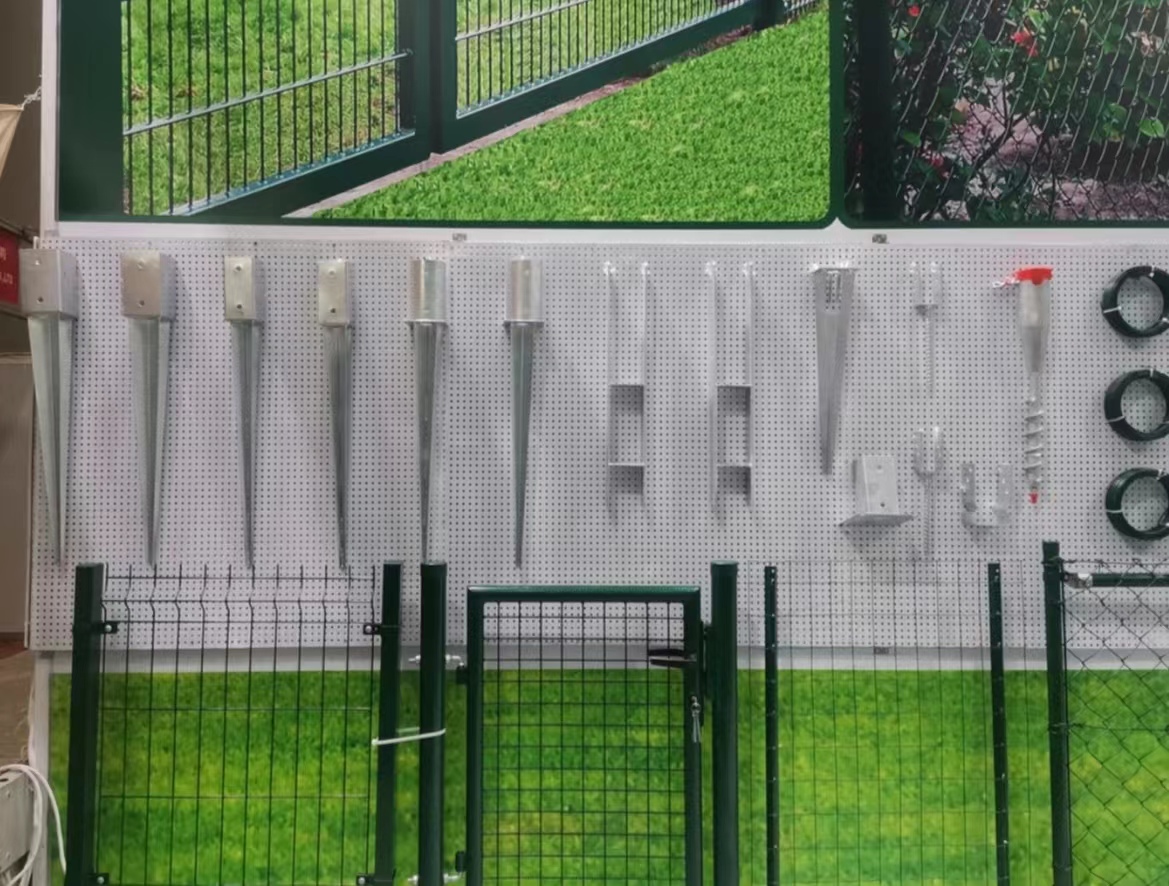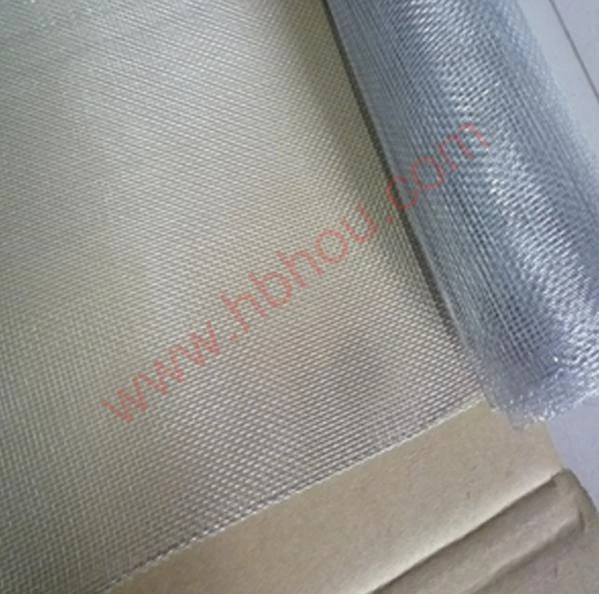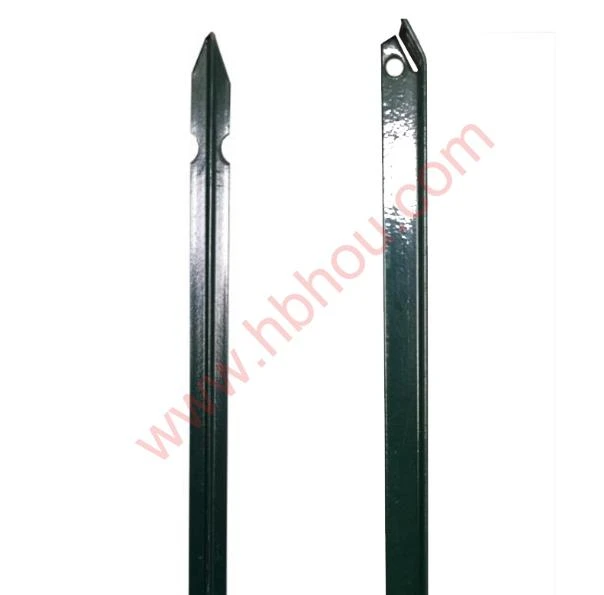The Benefits and Uses of Plastic Plant Stakes
In the world of gardening and horticulture, maintaining the health and aesthetics of plants is a priority for gardeners and landscapers alike. One essential tool that has gained popularity in recent years is the plastic plant stake. Lightweight, durable, and versatile, these stakes are increasingly becoming a preferred choice for supporting a variety of plants. In this article, we’ll explore the benefits and uses of plastic plant stakes and how they can significantly improve your gardening experience.
Understanding Plastic Plant Stakes
Plastic plant stakes come in various sizes, colors, and designs, making them suitable for a wide array of applications. They are typically made from high-density polyethylene (HDPE) or other resilient plastics, ensuring that they withstand the elements without deteriorating over time. This longevity is one of the most significant advantages of plastic stakes when compared to their wooden or metal counterparts, which may rot or rust after prolonged exposure to moisture.
The Benefits of Using Plastic Plant Stakes
1. Durability and Longevity The inherent properties of plastic make these stakes resistant to moisture, UV rays, and pests. Unlike wooden stakes that can decay or metal ones that can corrode, plastic stakes maintain their strength and integrity through various weather conditions, providing reliable support for several growing seasons.
2. Lightweight and Easy to Handle One of the standout features of plastic plant stakes is their lightweight nature. Gardeners can easily maneuver and install them without the need for heavy tools or excessive physical effort. This is particularly beneficial for those who may have physical limitations or for large gardening projects where efficiency is key.
3. Versatile Applications Plastic plant stakes are ideal for a range of gardening tasks. They provide support for young plants, helping them grow upright, and can assist in training climbing plants and vines. Additionally, they are effective for securing protection nets or row covers, thereby safeguarding plants from pests. Their versatility means they can be used in both residential gardens and commercial landscaping.
plastic plant stakes
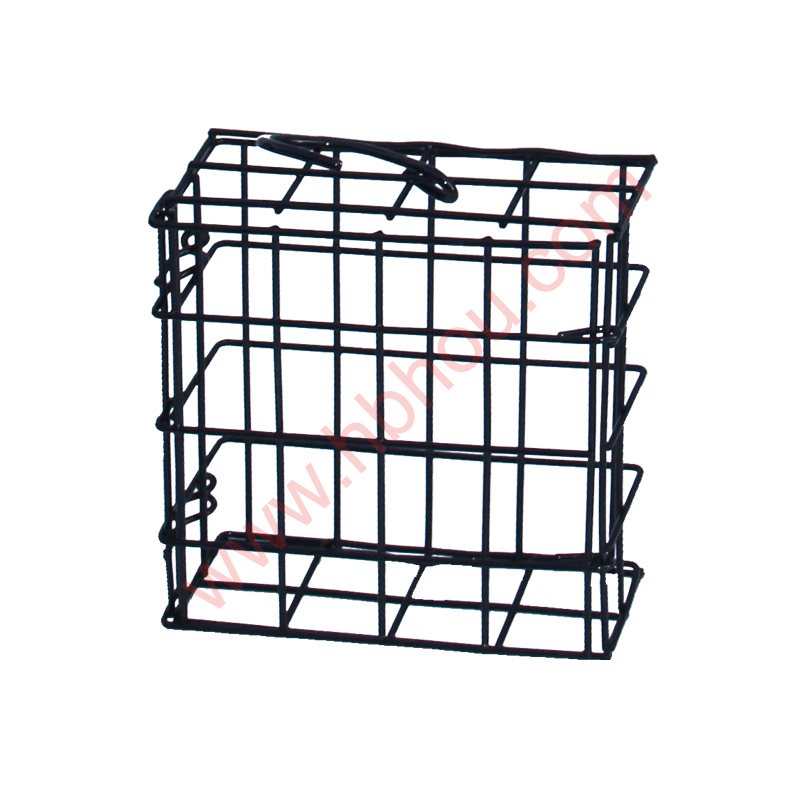
4. Cost-Effective Generally, plastic plant stakes are more affordable than metal alternatives, especially when purchased in bulk. Their long lifespan means that gardeners do not have to replace them frequently, making them a cost-effective choice over time.
5. Environmental Considerations Many plastic stakes are now made from recycled materials, contributing to a more sustainable gardening practice. Additionally, their durability reduces waste, as fewer stakes are needed over the years.
Tips for Using Plastic Plant Stakes
To make the most of plastic plant stakes, it’s essential to use them correctly. Here are a few tips
- Choose the Right Size Select stakes that are tall enough to support the plants but not so long that they become unwieldy. For taller plants, it's advisable to use thicker stakes for added stability.
- Secure Properly When inserting the stake, ensure it is buried deep enough to provide adequate support against winds or heavy rains. Fix the plant to the stake with soft ties or clips, allowing some movement to avoid damage to the plant stems.
- Consider Aesthetics With a variety of colors and designs available, choose stakes that complement your garden’s aesthetic. Brightly colored stakes can also serve as visual markers, making it easier to navigate your garden.
In conclusion, plastic plant stakes offer numerous benefits for both amateur and professional gardeners. Their durability, lightweight nature, versatility, and cost-effectiveness make them an invaluable tool in maintaining healthy and visually appealing plants. By incorporating plastic plant stakes into your gardening practices, you can enjoy a more organized, efficient, and sustainable gardening experience. Whether you’re nurturing delicate seedlings or supporting robust perennials, plastic stakes are an essential ally in the pursuit of a thriving garden.









